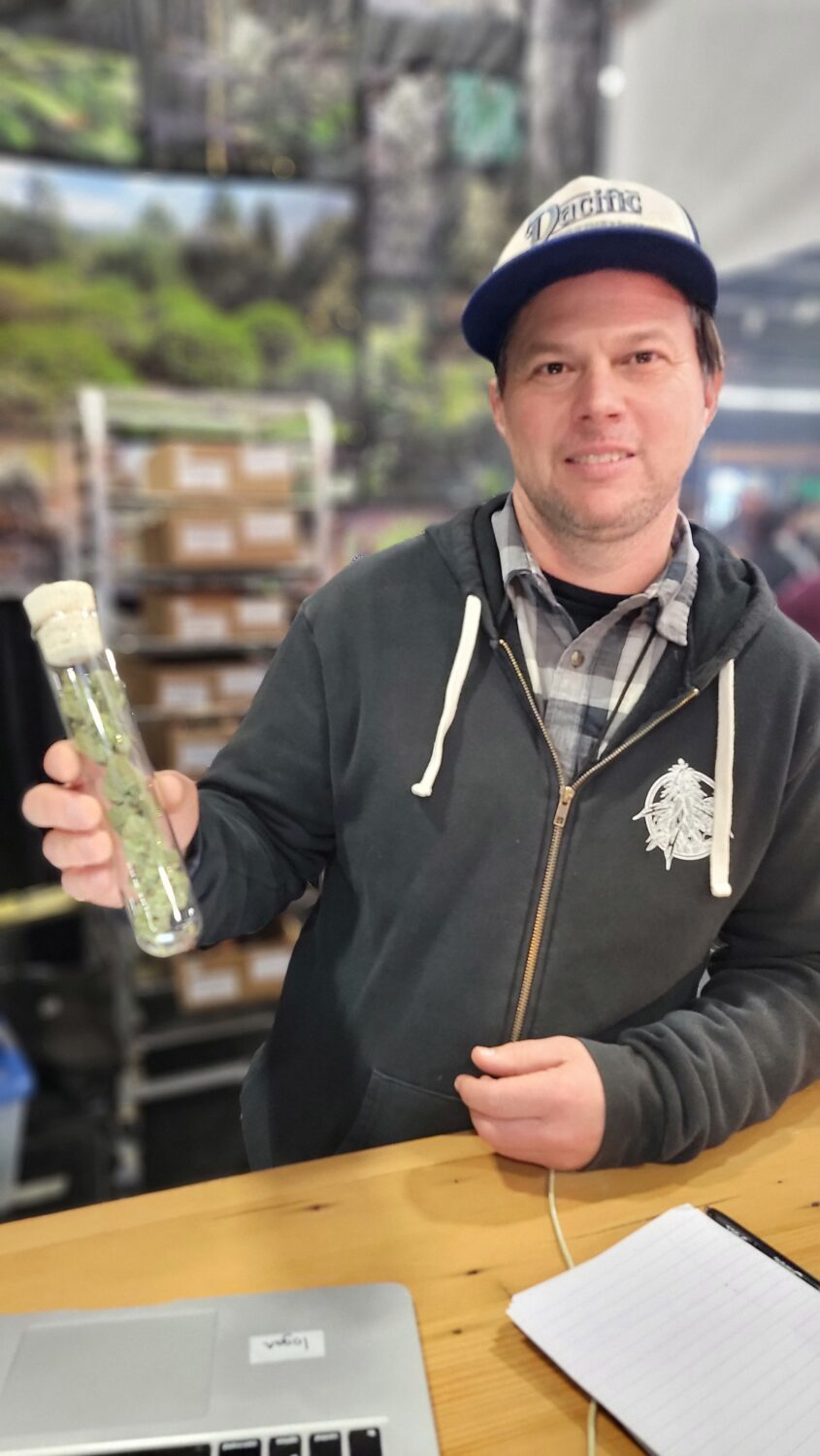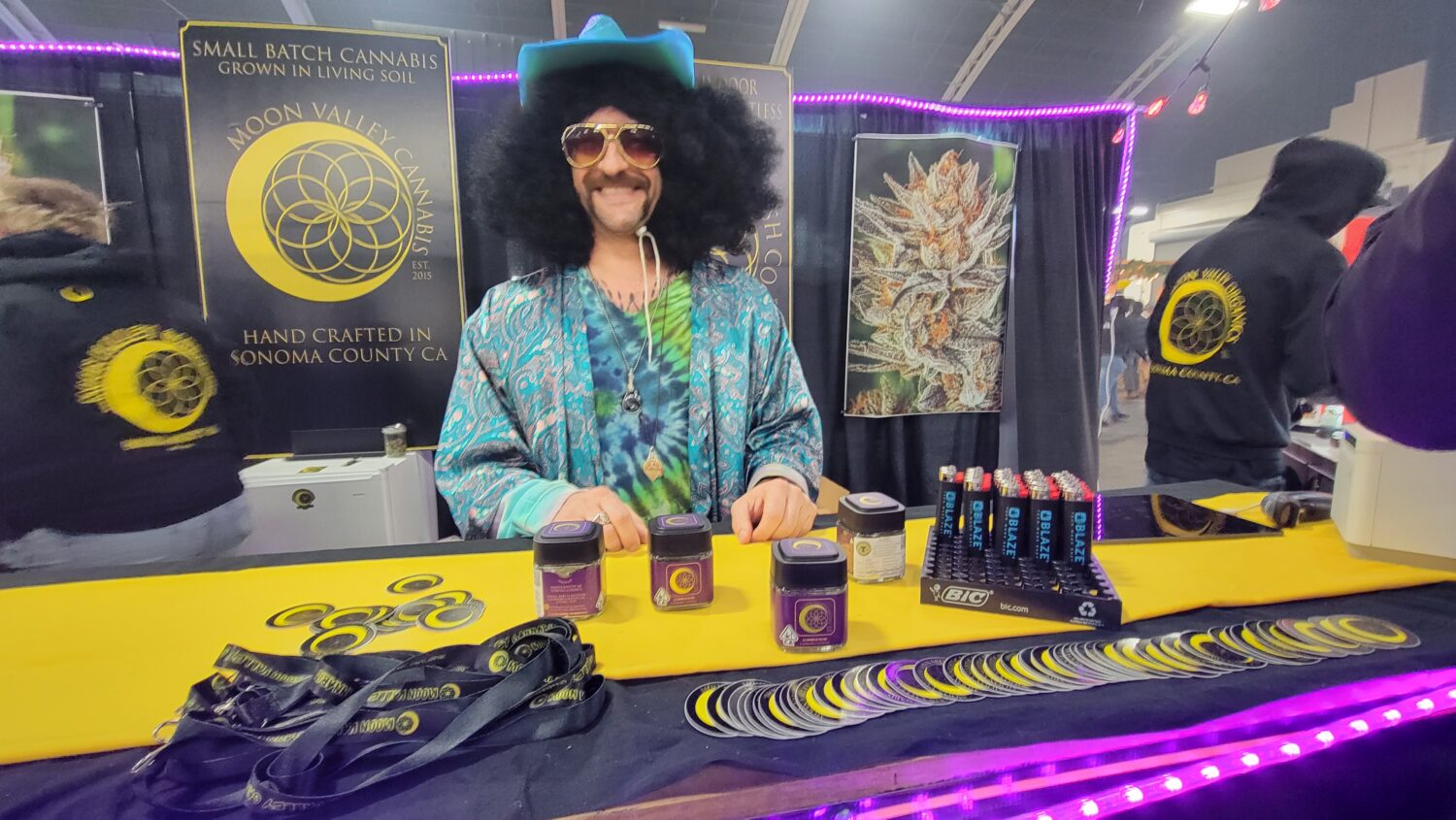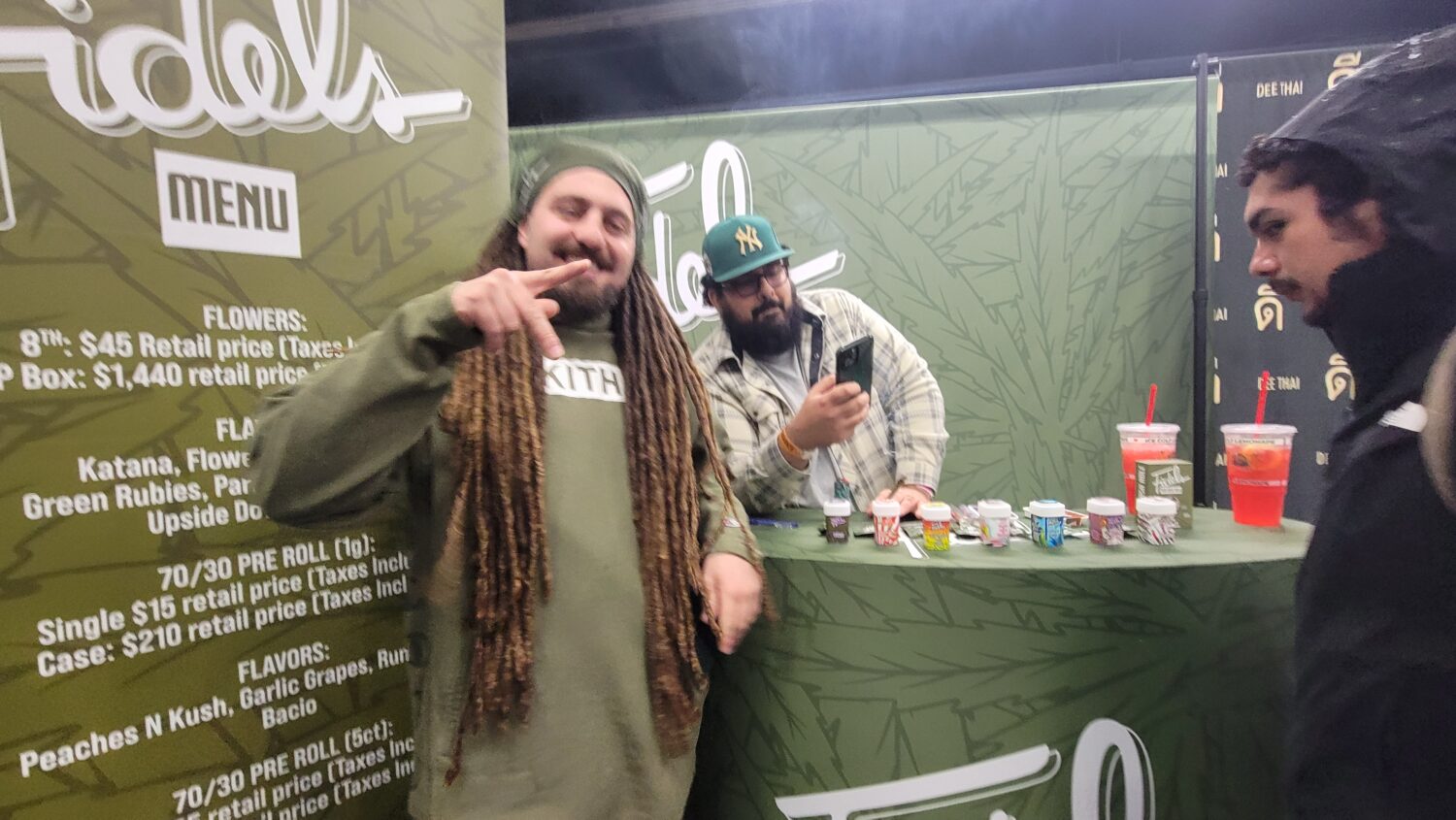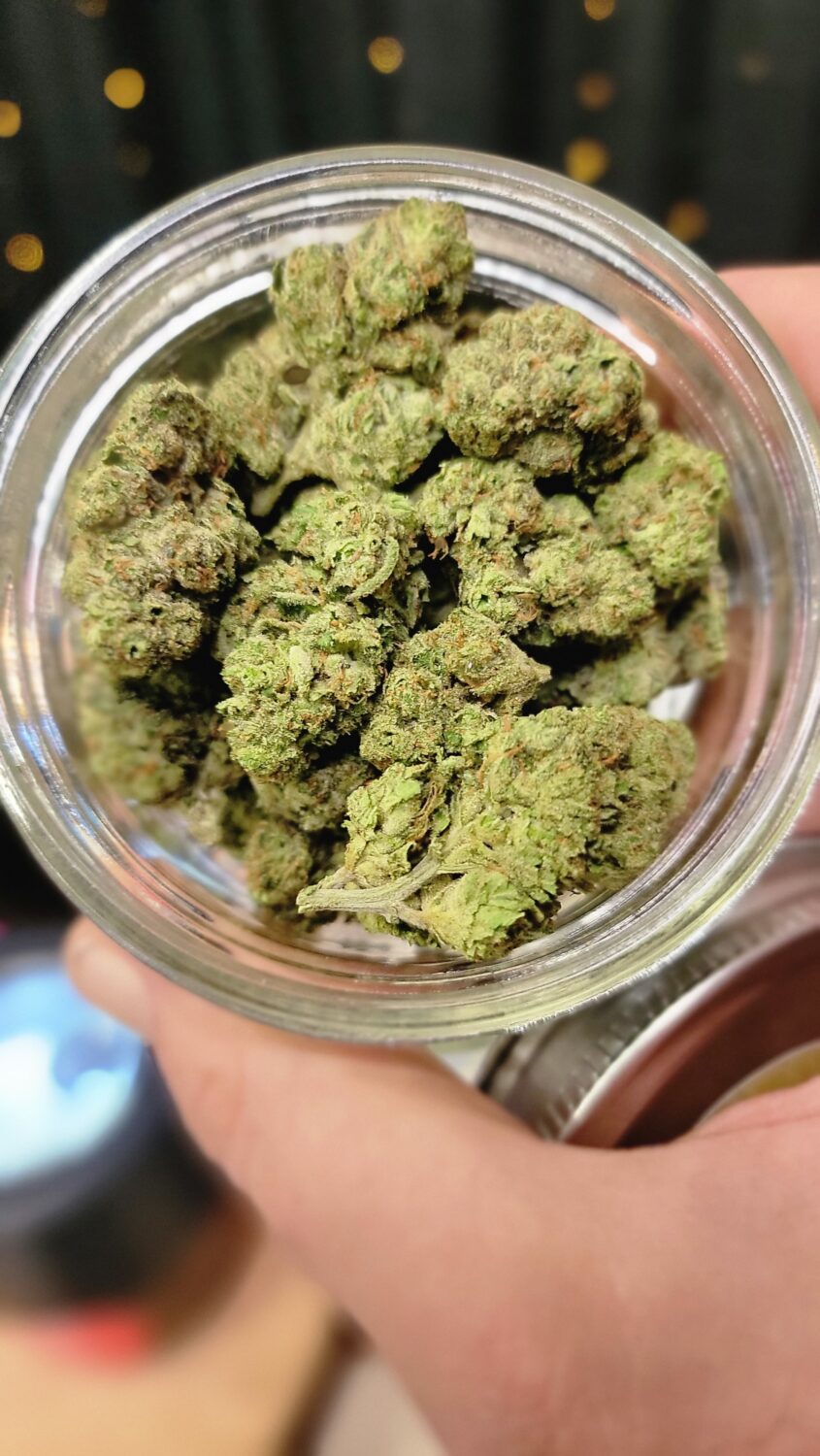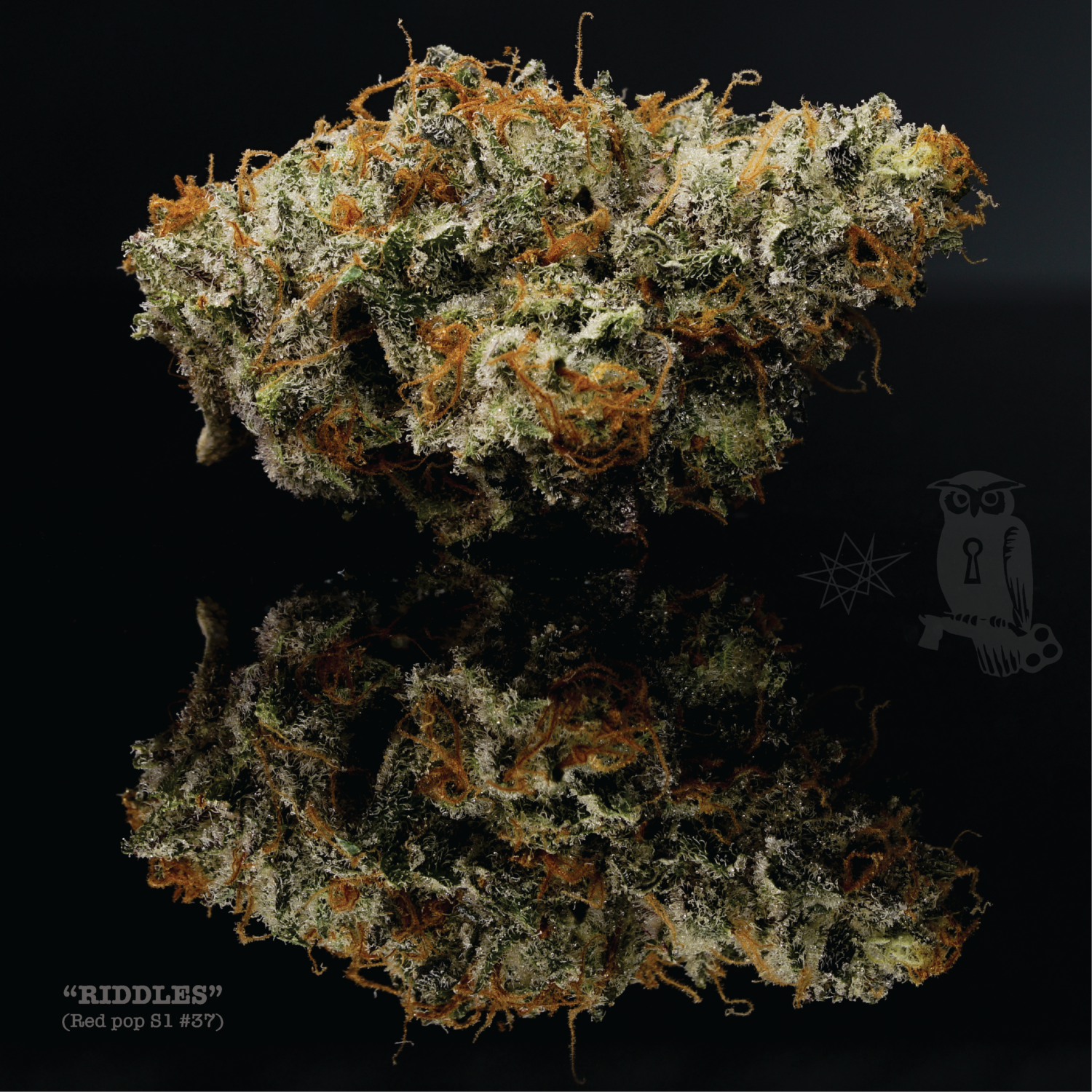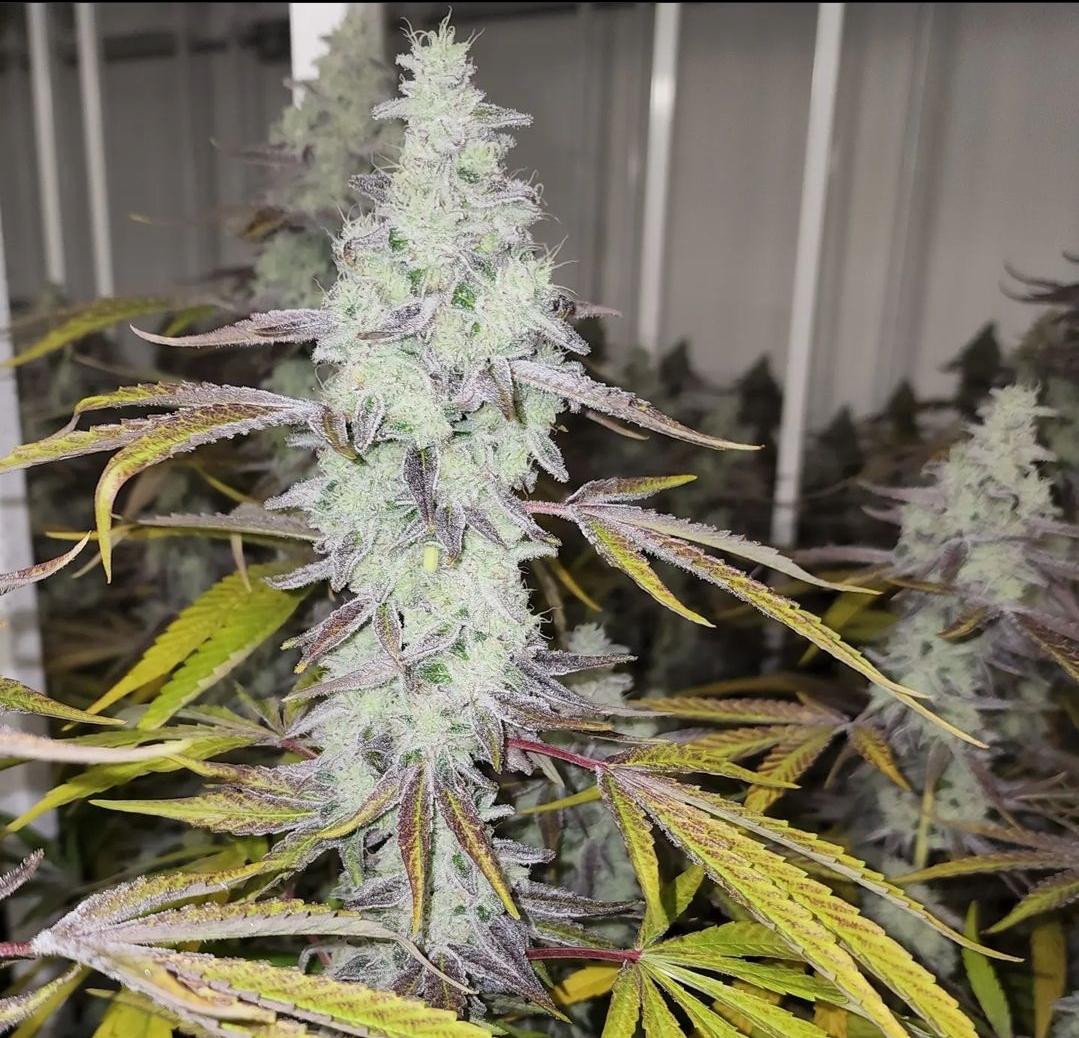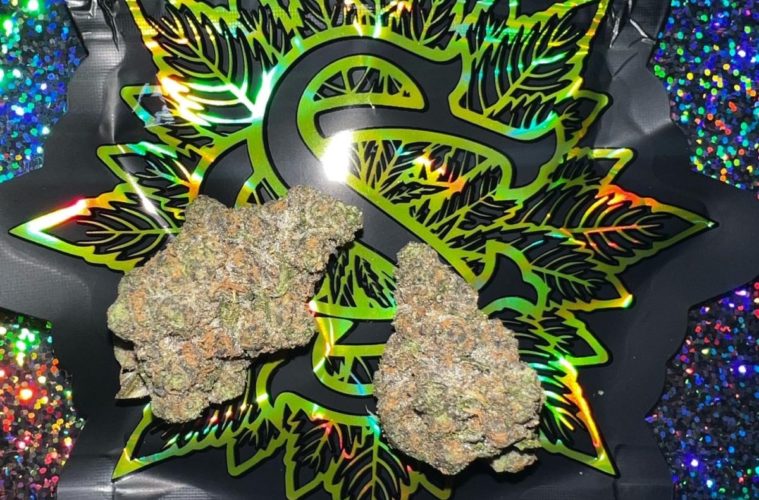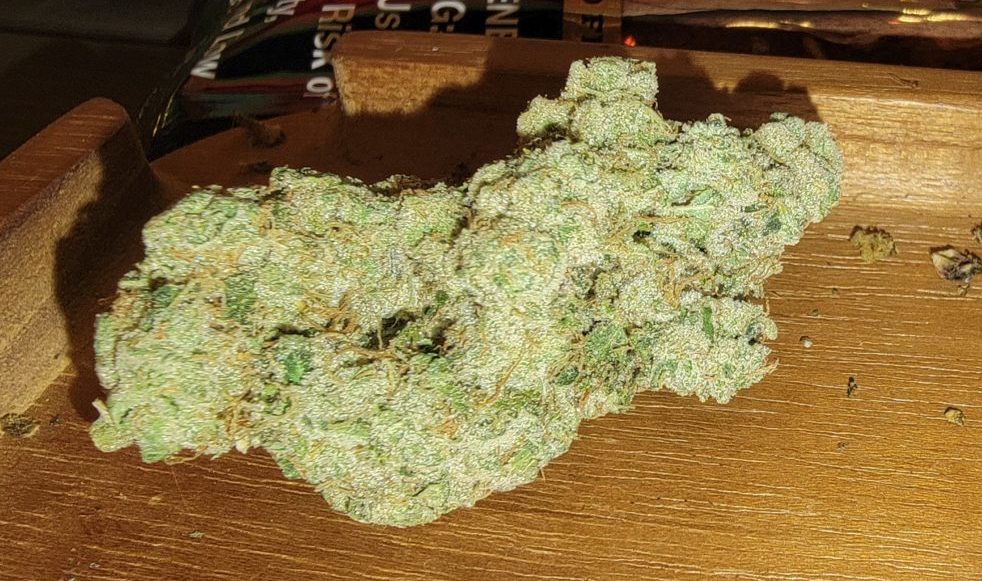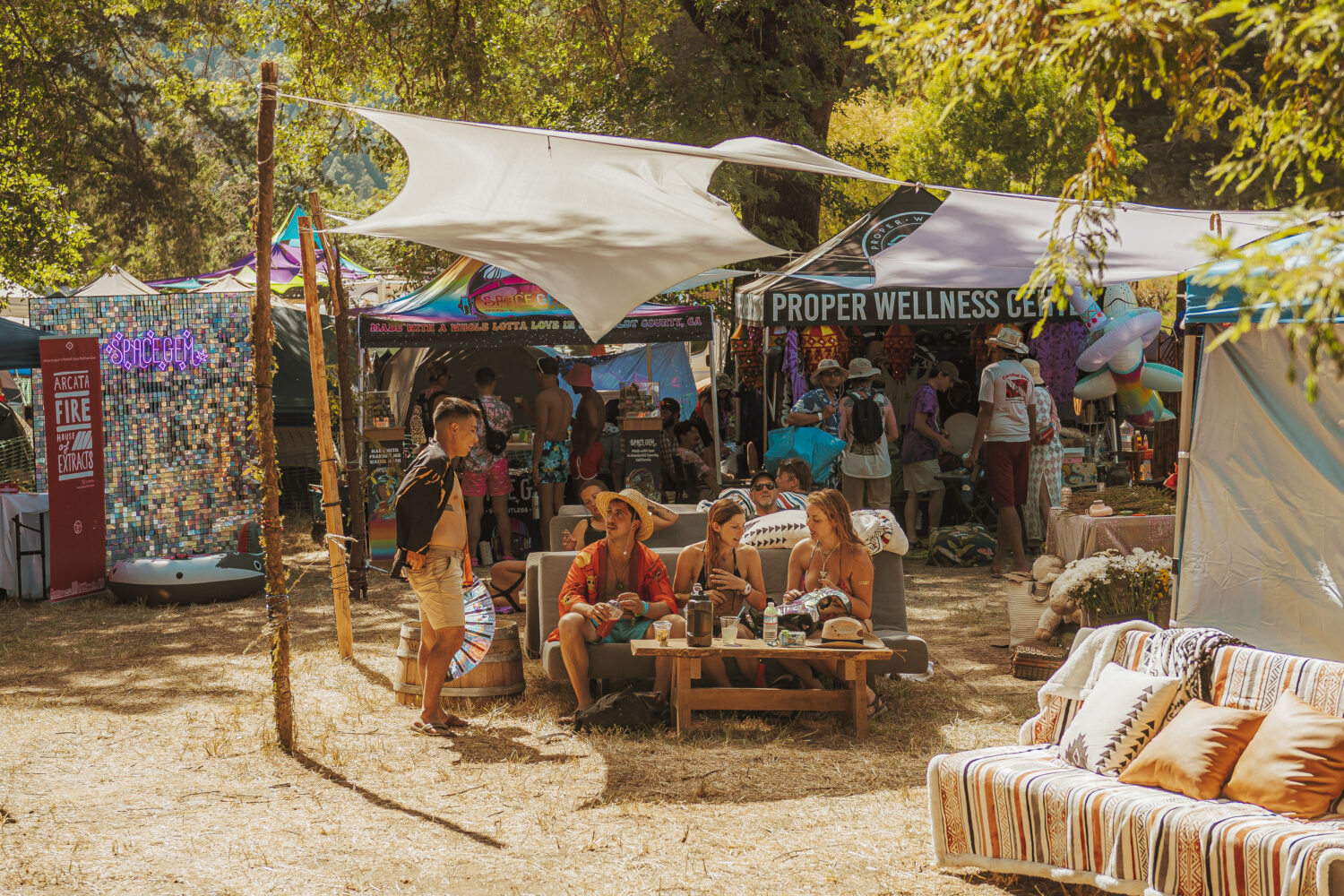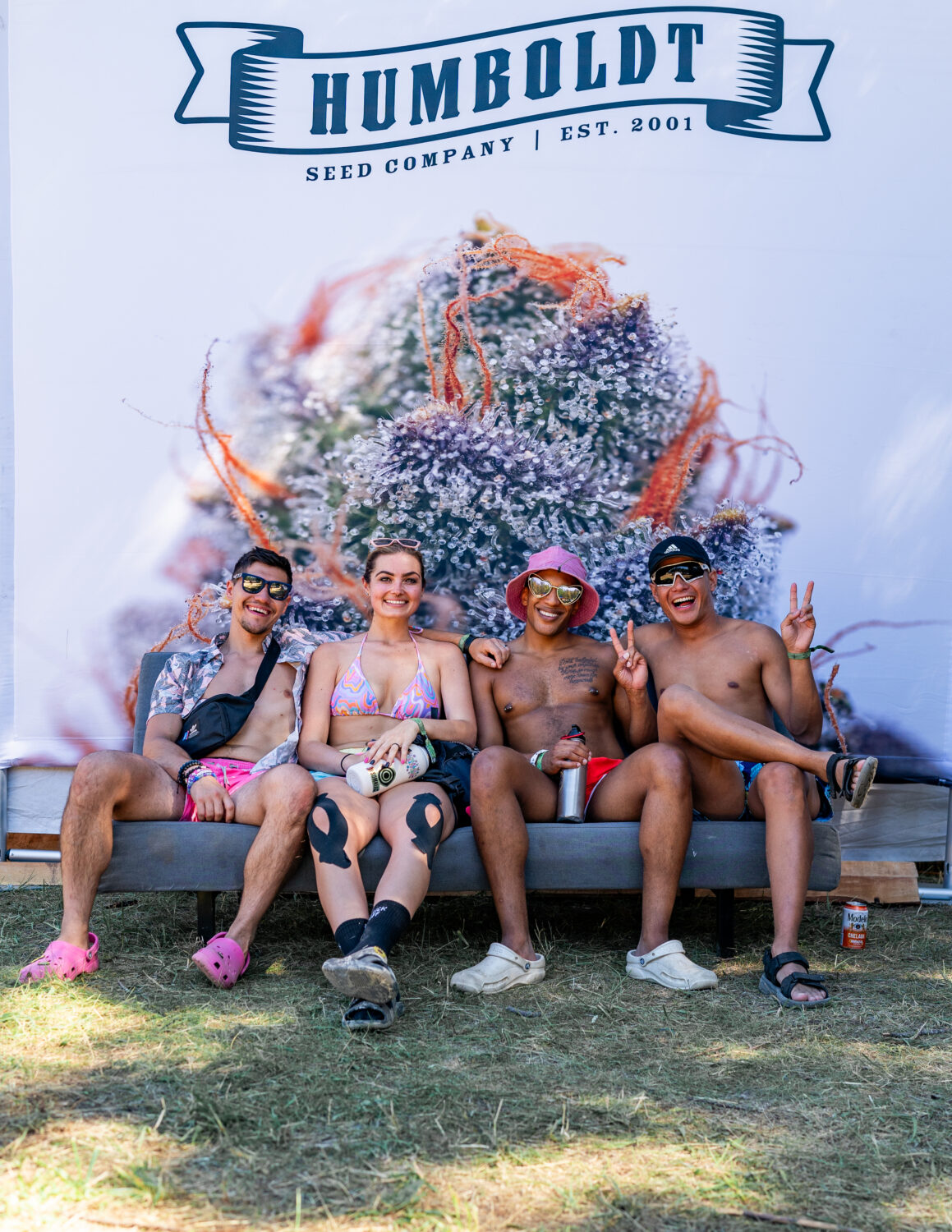MEDICAL CANNABIS PRISONER LUKE SCARMAZZO FREE
MEDICAL CANNABIS PRISONER LUKE SCARMAZZO FREE Luke Scarmazzo was California’s most prominent medical cannabis operator serving federal time and he did so for nearly 15 years until his release on Feb. 3. For those many years, Scarmazzo served as the face of the worst-case scenario for state’s medical cannabis operators. He was walking proof that…
MEDICAL CANNABIS PRISONER LUKE SCARMAZZO FREE

Luke Scarmazzo was California’s most prominent medical cannabis operator serving federal time and he did so for nearly 15 years until his release on Feb. 3.
For those many years, Scarmazzo served as the face of the worst-case scenario for state’s medical cannabis operators. He was walking proof that even if you were operating in full compliance with state law, the feds could come to rip you away from your family at any moment.
There is a fair argument to be made that of the cannabis offenders released in recent years to much-deserved excitement, Scarmazzo was the most connected to the modern industry. Modesto, the home of the nonprofit California Healthcare Collective (CHC) for its year in operation, is now riding its own cannabis wave that hit the shore a bit later than coastal California. We even covered cannabis sales at the Modesto Reservoir during Dirtybird Campout.
After giving him some room to catch up with family and friends, we caught up with Scarmazzo last weekend.
The conversation would start with the fact he’d been the main face of California medical cannabis prisoners since the release of Eddy Lepp in 2016. But the two were on very different boats. Scarmazzo operated a nonprofit collective while Eddy grew some legendary “smell it from the highway” big crops. Eddy pushed the limits and many of his peers up north weren’t as surprised when he caught a case even though he was compliant with state law. Scarmazzo on the other hand represented a lot more people doing exactly what he was doing that didn’t want to end up in similar circumstances. As such, he’s had a lot of different people and organizations advocating for his release throughout his whole incarceration. With Eddy it was more of a cult hero support, but I can’t imagine most of those supporting Lepp thought they’d ever go as big as he did.
So with all that, when did Scarmazzo know this time it was real? The day he was released.
“I woke up, kind of just did the normal prison routine,” Scarmazzo told L.A. Weekly. “I gotta make coffee, getting ready to work out. And I just kind of go jump on the email to check the day’s emails.”
When he logged in there were significantly more emails in there than usual.
“So I knew something was up,” Scarmazzo said. “So I was like, OK, so I open it up. And the first email I see is from my attorney, and the subject line says, ‘you’re a free man.’ So I just stared at the computer for a few minutes.”
Things got a bit more obvious in 2017 that Scarmazzo was getting targeted for more time over his music career where he’d taken some shots at the feds in his lyrics. In January of that year, Scarmazzo’s co-defendant, Ricardo Montes, had his sentence commuted by President Obama on his way out the door. Scarmazzo, who also applied, wasn’t as lucky. And given the nature of how clemency works he never found out why, but to onlookers, it seemed pretty obvious.
The pair had worked on their clemency petitions in an informal clemency clinic in the prison library where Scarmazzo and Mission Green founder Weldon Angelos would help guys file their petitions and legal documents for free. Scarmazzo had wrapped his head around legal forms and paperwork over the first five years of his sentence on the hunt to find a way out. He was essentially offering up the skill set he’d built in that time to other prisoners free of charge.
“So we did this kind of clemency clinic, and then we, when it came to our turn to file, Weldon and I worked on both mine and Ricardo’s clemency petition,” Scarmazzo said. “They’re basically identical petitions. I mean, we were sitting together, and we were charged the same. We were both co-founders of CHC. So it was like, our conduct and all the circumstances of our case were pretty much the same.”
Scarmazzo noted the petitions were identical to the point all he had to do was swap out his name and personal information.
Scarmazzo would see Montes’ name among those granted clemency, but not his own. That was seemingly the point it felt the most personal.
“I knew something like this has to be something personal, I mean, this has to be an issue that’s directed directly at me, rather than us because the president obviously granted his and then called his sentence outdated and unjust. And I’m like, well, hello, my sentence is the same. So if you think this is outdated, adjust my findings, too.”
Scarmazzo reiterated he was happy to see Montes walk. The pair had been friends for many years before their ordeal. But he remembers one of the low points of the moment is having to explain the situation to his daughter.
“I was really happy to see him get out though,” Scarmazzo said. “He’s my brother. I’ve known Ricardo since we were kids. So, but you know, it was bittersweet. Like it was hard to kind of, I guess the hardest part was calling my family and my daughter and just telling them, hey it didn’t come through for us, but it came through for Ricardo. I want everybody to be happy for him.”
He knew regardless of his own circumstances, the moment had to be treated like it was a big win, because it was.
Most of the federal actions that followed what happened to Scarmazzo felt targeted. The last major federal action on a cannabis retailer operating in compliance with state law was 11 years ago during the Oaksterdam raids. Its founder, Richard Lee, bankrolled Proposition 19 in 2010 with legalization, only losing by a few points. The feds got their revenge on him a couple of years later.
One of the things Scarmazzo is most thankful for is the 29-page opinion the judge wrote when granting a five-year supervised release for the rest of his sentence. The long document articulates the changing of the times and other people will be able to use it as case law in their own quests for freedom.
The team at the nation’s oldest cannabis law reform group, The National Organization for The Reform of Marijuana Laws, was happy for what Scarmazzo’s freedom meant in the continued wave of cannabis prisoners getting out in recent years.
“I think it definitely sets a fantastic precedent that we’re starting to see federal judges reexamine the sentences that have been handed out by other judges, or sometimes even by themselves,” NORML Political Director Morgan Fox told L.A. Weekly. “When they start to look at changes of both state and federal policy and as well as the length of sentences that had been handed down for violations of federal infractions over the years since national attitudes have been changing.”
Fox noted there’s a lot of people out there that don’t have the connections and resources that might get lost in the shuffle here.
“And at the same time, there’s also just the opinion of one judge in one particular case,” Fox said. “It’s really going to take a change in federal law in order to start providing relief on a massive scale for not only people at the federal level, but people at the state level.”
California NORML called Scarmazzo the last known federal medical marijuana prisoner, following his release.



